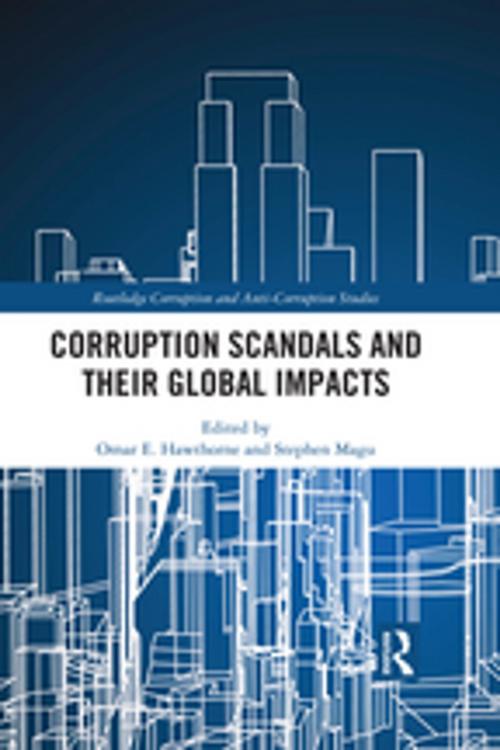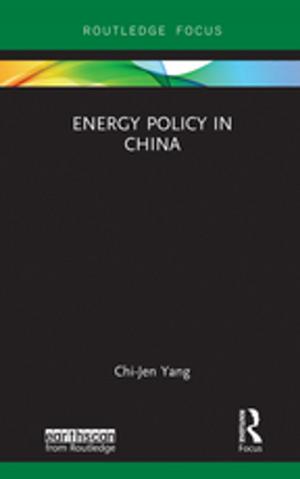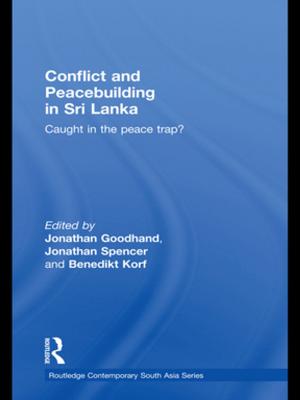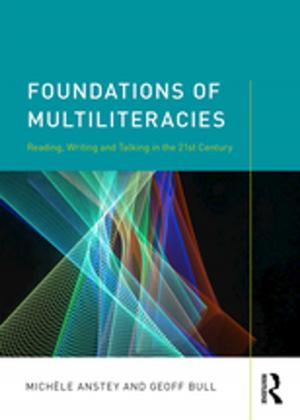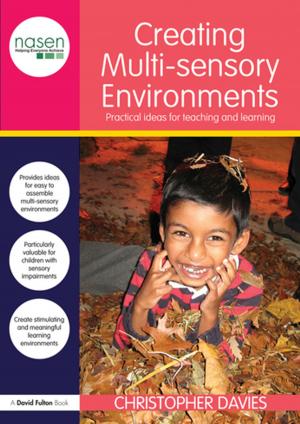Corruption Scandals and their Global Impacts
Nonfiction, Social & Cultural Studies, Political Science, Social Science| Author: | ISBN: | 9781351390811 | |
| Publisher: | Taylor and Francis | Publication: | May 11, 2018 |
| Imprint: | Routledge | Language: | English |
| Author: | |
| ISBN: | 9781351390811 |
| Publisher: | Taylor and Francis |
| Publication: | May 11, 2018 |
| Imprint: | Routledge |
| Language: | English |
Corruption scandals receive significant press coverage and scrutiny from practitioners of global governance, and bilateral and multilateral donors. Across the globe, the annual publication of TI’s CPI and World Bank’s Worldwide Governance Indicators elicits spirited denials and accusations of targeting, of neo-colonialism. Poor measures on corruption indices and the ensuing negative publicity can have serious consequences both externally, through a freeze or retraction of donor funding, and internally, through reducing the availability of public funds, and harming the credibility of serving governments and institutions.
Corruption Scandals and their Global Impacts tracks several major corruption scandals across the world in a comparative analysis to assess the full impact of global corruption. Over the course of the book, the contributors deliberate the exposure and reporting of corruption scandals, demonstrate how corruption inhibits development on different levels and across different countries, the impact it has on the country in question, how citizens and authorities respond to corruption, and some local, regional and global policy and legislative measures to combat corruption.
The chapters examine the transnational manifestation of corruption scandals around the world, from developed countries and regions such as the United States and the European Union, to BRIC countries Brazil and Russia, to developing countries such as Belarus, Jamaica, Kenya and Nigeria. In each case, chapters highlight the scandal, its impact, the local, regional and global responses, and the subsequent global perceptions of the country. Concluding with a review of the global impacts of corruption scandals, this book provides an important comparative analysis which will be useful to students and scholars of international development and politics, as well as to development practitioners, donors, politicians and policy makers.
Corruption scandals receive significant press coverage and scrutiny from practitioners of global governance, and bilateral and multilateral donors. Across the globe, the annual publication of TI’s CPI and World Bank’s Worldwide Governance Indicators elicits spirited denials and accusations of targeting, of neo-colonialism. Poor measures on corruption indices and the ensuing negative publicity can have serious consequences both externally, through a freeze or retraction of donor funding, and internally, through reducing the availability of public funds, and harming the credibility of serving governments and institutions.
Corruption Scandals and their Global Impacts tracks several major corruption scandals across the world in a comparative analysis to assess the full impact of global corruption. Over the course of the book, the contributors deliberate the exposure and reporting of corruption scandals, demonstrate how corruption inhibits development on different levels and across different countries, the impact it has on the country in question, how citizens and authorities respond to corruption, and some local, regional and global policy and legislative measures to combat corruption.
The chapters examine the transnational manifestation of corruption scandals around the world, from developed countries and regions such as the United States and the European Union, to BRIC countries Brazil and Russia, to developing countries such as Belarus, Jamaica, Kenya and Nigeria. In each case, chapters highlight the scandal, its impact, the local, regional and global responses, and the subsequent global perceptions of the country. Concluding with a review of the global impacts of corruption scandals, this book provides an important comparative analysis which will be useful to students and scholars of international development and politics, as well as to development practitioners, donors, politicians and policy makers.
